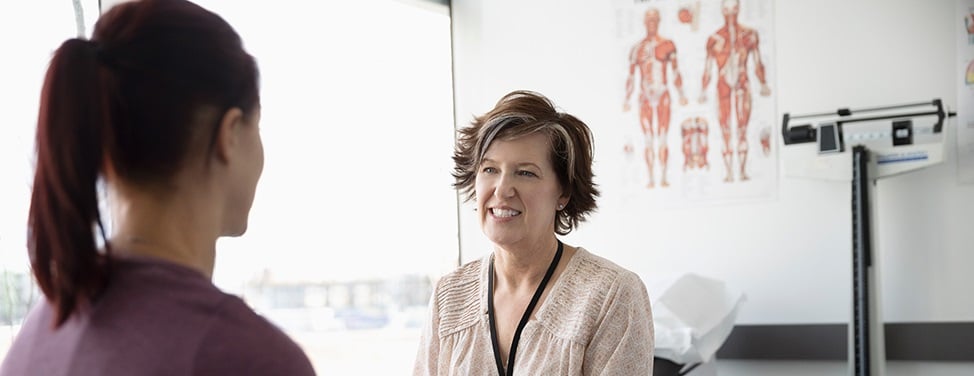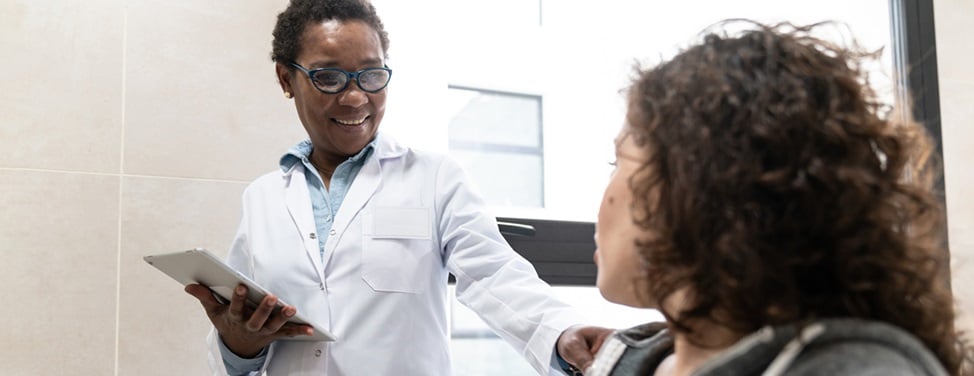Living with cancer or caring for someone with cancer can be a full-time job. New medical terminology, sifting through treatment options and making medical decisions is often overwhelming. Just keeping track of medications, appointments and medical bills can be daunting.

Managing Your Treatment
Here are some tips to reduce stress and help navigate the disease process more effectively.
- Use a calendar to record your appointments, weight changes and medical symptoms. Bring the calendar to your appointments to review medical changes and symptoms since your last visit. This will help you and your doctor maintain an accurate account of developments in your condition. For more information, see Using a Medical Calendar and Symptom Log.
- Learn the functions of people in your doctor's office and, if appropriate, get their contact information so you can reach them easily when necessary.
- If you have questions about a medication or potential drug interaction, consider calling your pharmacist. The clinical pharmacists at UCSF Helen Diller Family Comprehensive Cancer Center are Betsy Althaus, Monica Lee and Bob Ignoffo. If you are a patient at the cancer center and would like to review your medications with them, please call to make an appointment at (415) 353-7053. Bring your medications to the Infusion Pharmacy Services Center on the fifth floor of the cancer center.
- If you are seeing a number of doctors, consider a "brown bag check." Bring all your medications to your doctor's office or the Infusion Pharmacy Services Center on fifth floor of the cancer center and review them to ensure they are all compatible.
- If you take a large number of pills, make a list of your prescription and non-prescription drugs. Keep this list on hand to help keep to your treatment plan and record any changes.
- Funnel your prescriptions through one pharmacy. This allows the pharmacist to review all the medications you are taking for their compatibility.
- Buy a container to hold all of your medications for a full week or more. Organizing your medications in advance saves time and reduces the likelihood of taking the wrong kind or quantity of pills.
- If possible, bring someone with you to your appointments, particularly when you will digest large amounts of information and make important decisions about treatments. You also could tape record your appointment to review later. Tape recorders are available for loan at the UCSF Cancer Resource Center.
UCSF Health medical specialists have reviewed this information. It is for educational purposes only and is not intended to replace the advice of your doctor or other health care provider. We encourage you to discuss any questions or concerns you may have with your provider.































